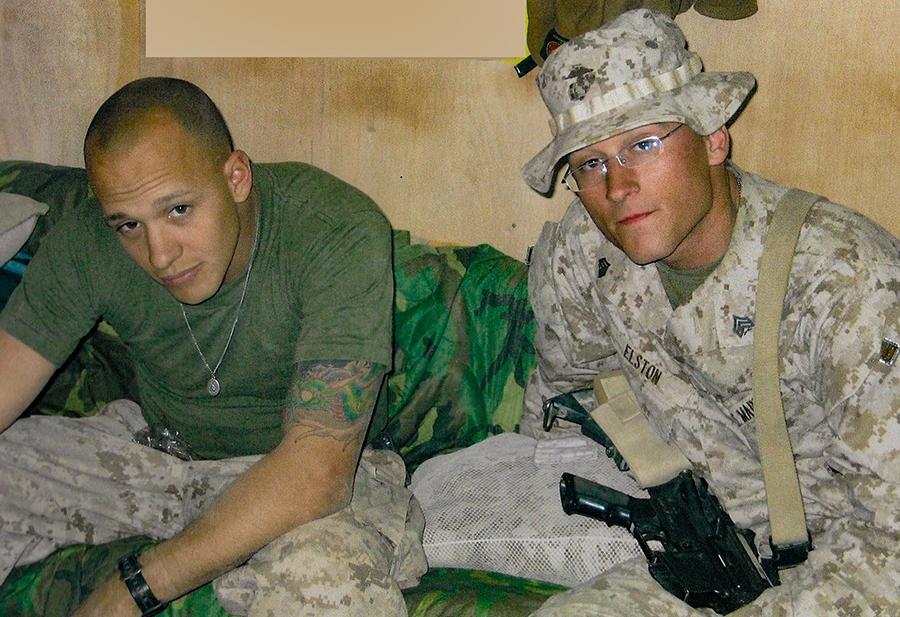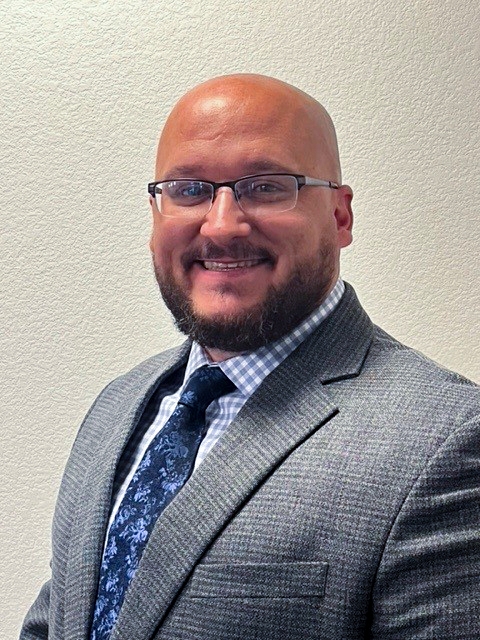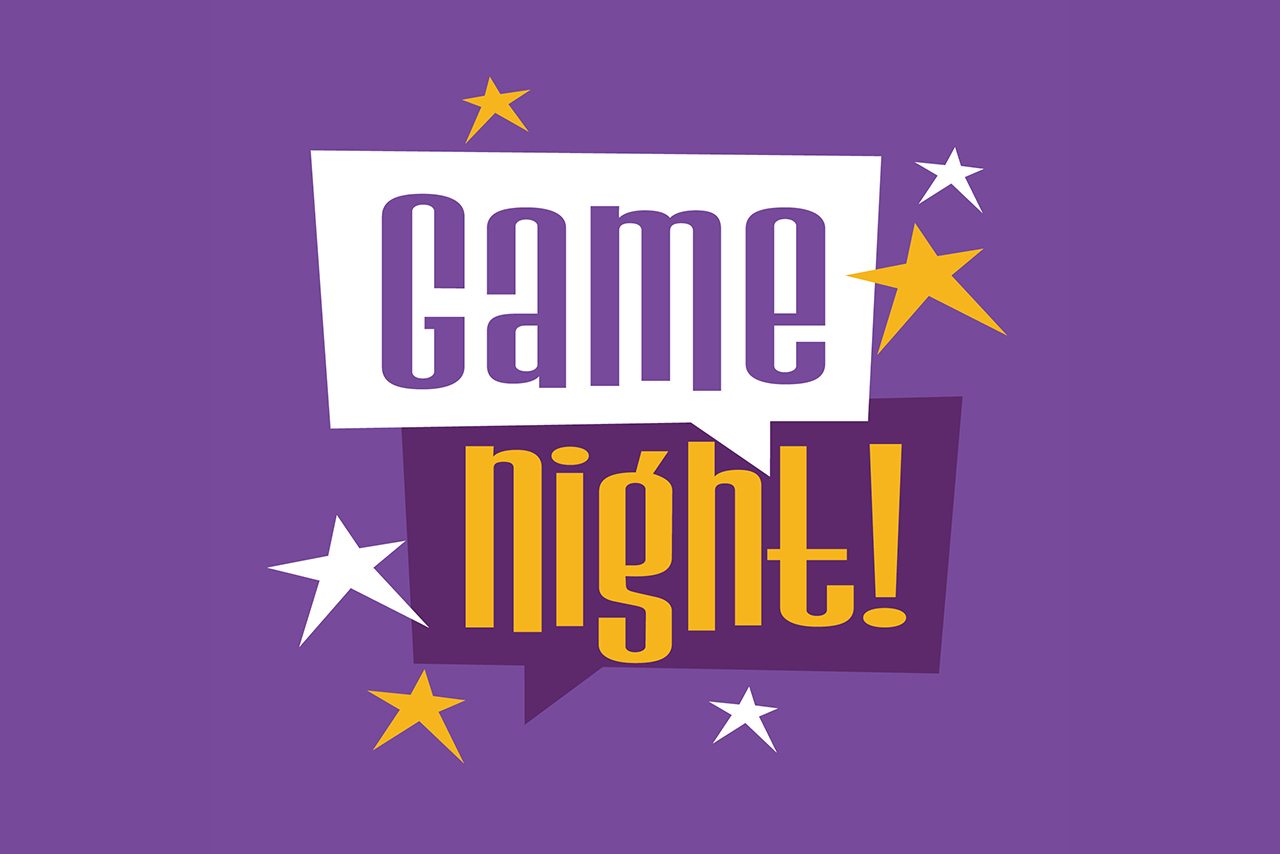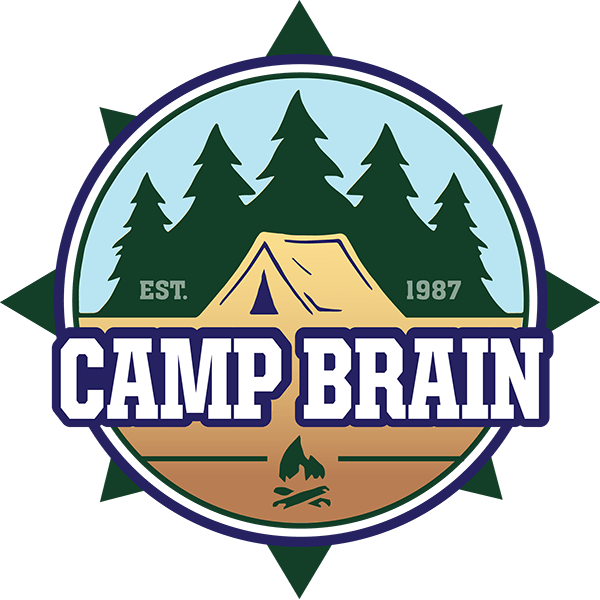Three-Time TBI Survivor & Veteran to Head Brain Injury Alliance Recreation & Activities Program
Randy Elston is finally living his best life, which may be an odd thing to say about a veteran with three traumatic brain injuries (TBIs), a direct result of three improvised explosive device explosions within his one deployment.
Recently named as the Brain Injury Alliance of Arizona’s new Adaptive Recreation & Activities Coordinator, Randy is a veteran of the Marine Corps. His tours of duty in Iraq left him with a unique understanding about the difficulties of recovering from brain injury.
“Self-care is important to the healing process. So whether it’s a hike or an art class, you need to be present in the moment in order to de-stress. That’s how you develop coping skills, and how you heal.”
Three-Time TBI Survivor & Veteran to Head Brain Injury Alliance Recreation & Activities Program
Randy Elston is finally living his best life, which may be an odd thing to say about a veteran with three traumatic brain injuries (TBIs), a direct result of three improvised explosive device explosions within his one deployment.
Recently named as the Brain Injury Alliance of Arizona’s new Adaptive Recreation & Activities Coordinator, Randy is a veteran of the Marine Corps. His tours of duty in Iraq left him with a unique understanding about the difficulties of recovering from brain injury.
“Self-care is important to the healing process. So whether it’s a hike or an art class, you need to be present in the moment in order to de-stress. That’s how you develop coping skills, and how you heal.”
The Northwest Indiana native enlisted when he was 18 and served eight years active duty in his infantry unit of Light Armored Reconnaissance. In 2005, his unit was engaged in ongoing battles. On one mission to intercept insurgents fleeing a city by cutting off the highway system, his vehicle hit a pressure plated IED.
Randy recalls the immediate aftermath. “My ears were ringing and I had a copper taste in my mouth.”
Within a few hours and virtually no time to recover, his team was called upon to provide security and recovery operations for another vehicle and crew that hit an IED. On the way over, and with Randy still reeling from the first explosion, their maintenance vehicle was hit again. “I was standing in the back, fully exposed.”
This injury was more significant. “I broke my back and was knocked out for a period. While I was semi-conscious, I heard people talking but couldn’t quite make out what they were saying due to the ringing in my ears,” he recalls. “I was very confused and didn’t realize that my back was broken or that I had a TBI. We just went ahead and completed the mission.”
By time he returned to a more secure location, he had been awake for around 36 hours and had experienced two TBI’s. His commanding officer ordered him to get some rest.
Several months later, and less than two weeks from his scheduled departure from Iraq, he was hit a third time while on a vehicle patrol. As they approached an overpass, he noticed an IED at the guard rail. Just as he tried to shout a warning, the roadside bomb exploded, giving Randy his third TBI in as many months.
By now, these brain injuries were having a cumulative effect on him, which were noticed by both his commanding officer and first sergeant. “They observed things that I myself wasn’t seeing; I knew I was having memory and mobility issues, like smashing into doorways while trying to walk through them,” Randy says.
He was sent to Medical, where brain scans indicated he needed treatment, so he was admitted to Scripps Clinic Encinitas in California. “At first, I was the only military personnel there,” Randy says, “but after six months, there were people of all ages and backgrounds, including more individuals who had seen combat.”
Randy was eventually given a medical discharge from the Marines, but that brought on a spate of mixed emotions. “I was an up-and-coming, 25-year-old sergeant with a bright future. I didn’t know what to do with the rest of my life,” he admits.






Trying to find “the new me,” he enrolled in various colleges to learn new processes. However, even though he worked with the disability services the colleges provided, his classes were increasingly challenging due to his cognitive and memory issues. He went on to complete his core classes through community college and proudly earned a scholarship to Embry-Riddle Aeronautical University in Prescott, Arizona.
His ability to adapt led him to expanded horizons. “I volunteered with veteran groups and churches, as well as began to work at a non-profit organization, the Arizona Coalition for Military Families,” shares Randy. “My focus was Risk Reduction for those veterans at risk of suicide.”
Now, in his new role as Adaptive Recreation & Activities Coordinator, Randy will also be calling upon his experiences from both a client and peer support perspective. “I’m here to help organize some of the Alliance’s amazing events, like the Rays of Hope conference for survivors and families, the Run, Walk, & Roll race, and Camp Brain for adults.”
In the near future, Randy also foresees expanding social opportunities for brain injury survivors. “I want to establish more consistent activities on a weekly or bi-weekly basis. Being involved is enjoyable and therapeutic, and self-care is important to the healing process,” he says. “Whether it’s a hike or an art class, you need to be present in the moment in order to de-stress. That’s how you develop copying skills, and how you heal.”
Luke Fadell, U.S. Veteran and Director of Veteran Services for the Brain Injury Alliance, welcomes Randy’s arrival with gusto. “When we met at Team Rubicon, he showed an enthusiasm to help others that is extremely contagious,” Luke notes. “With his unique background, he understands what our clients are going through, as well as providing insights into recovery. His upbeat approach is a perfect fit for reaching those trying to reimagine their own lives.”
The latter point is what drives the avid outdoorsman and father of two daughters. “This is a great opportunity to help others and myself. I struggled with identifying my own self, and now want others in a similar position to realize your brain injury doesn’t define you,” Randy emphasizes.
“You can accomplish so many things when you don’t just survive—you succeed. Look at me! If you can imagine it, you can attain it.”
ABOUT BRAIN INJURY ALLIANCE OF ARIZONA
The Brain Injury Alliance of Arizona (BIAAZ) is the only statewide nonprofit organization dedicated to improving the lives of adults and children with all types of brain injuries through prevention, advocacy, awareness and education. BIAAZ also houses the Arizona Brain Health Resource Center, a collection of educational information and neuro-specific resources for brain injury survivors, caregivers, family members and professionals.
What began in 1983 as a grassroots effort has grown into a strong statewide presence, providing valuable life-long resources and community support for individuals with all types of brain trauma at no charge.
The Brain Injury Alliance of Arizona:
- Works with Congressional Brain Injury Task Force
- Houses Arizona Brain Health Resource Center
- Hosts virtual and in-person support groups for survivors and families
- Has Statewide Opioid Use Disorder & Cognitive Impairment Response team with peer support, training, and family wraparound services
- Facilitates Brain Health Advisory Council
- Manages statewide Help Line: 888-500-9165






